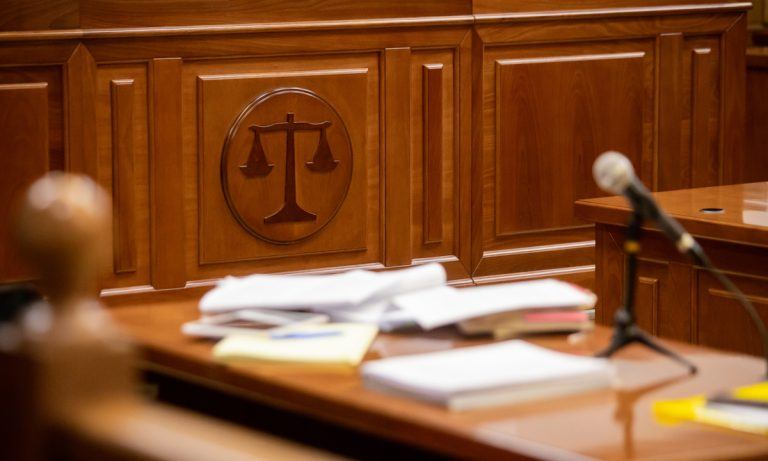
The regulator has asked a federal judge to deny Coinbase’s motion to dismiss its lawsuit, claiming the exchange knew the cryptocurrencies it sold were securities under the Howey test.
The United States Securities and Exchange Commission has asked a federal judge to deny Coinbase’s motion to dismiss a lawsuit by the regulator.
In an Oct. 3 filing in a New York District Court, the SEC hit back at claims in Coinbase’s dismissal motion and reiterated its belief that some of the cryptocurrencies listed on its platform were investment contracts under the Howey Test subject to SEC registration.
“Each crypto asset issuer invited investors — including purchasers on Coinbase’s platform — reasonably to expect the value of their investment to increase based on the issuer’s broadly-disseminated plan to develop and maintain the asset’s value,” the SEC wrote.
The SEC asserted Coinbase has “known all along” that cryptocurrencies it sells are securities if they meet the Howey Test and alleged the exchange recognized this in its filings with the SEC.
The regulator also scrubbed Coinbase’s argument invoking the “major questions doctrine” which claimed the SEC has no authority over the crypto market until Congress says so.
“The SEC has not assumed for itself any new power to do what the federal securities laws do not already expressly authorize it to do,” the SEC said.
In an Oct. 3 X (Twitter) post, Coinbase legal chief Paul Grewal said the SEC’s arguments were “more of the same old same old” and asserted the assets it lists “are not securities and are not within the SEC’s jurisdiction.”
The @SECgov just filed its opposition to our motion to dismiss their case against @Coinbase. It’s more of the same old same old. But don’t just take my word for it – take a look for yourself. 1/7 https://t.co/QMdkRoiq0V
— paulgrewal.eth (@iampaulgrewal) October 3, 2023
Grewal claimed the SEC’s arguments in its response would mean “everything from Pokemon cards to stamps to Swiftie bracelets are also securities.”
Related: SEC initiates legal action against FTX’s auditor
Miles Jennings, a16z crypto' general counsel, claimed in an X post that the SEC’s motion “has a lot of holes.”
The SEC's opposition to @coinbase's motion has a lot of holes. Even if the court were to agree with the SEC's main contention (that investment contracts don't require legal contracts), the SEC's case should still fail.
— miles jennings (@milesjennings) October 3, 2023
As we discussed in our brief in August, the SEC's theory of… https://t.co/RTzlutSM9t
Jennings added even if the court were to agree with the regulators main argument around investment contracts then the case “should still fail” as he believes the SEC’s definition of an investment contract has “endless breadth.”
Magazine: Are DAOs overhyped and unworkable? Lessons from the front lines










